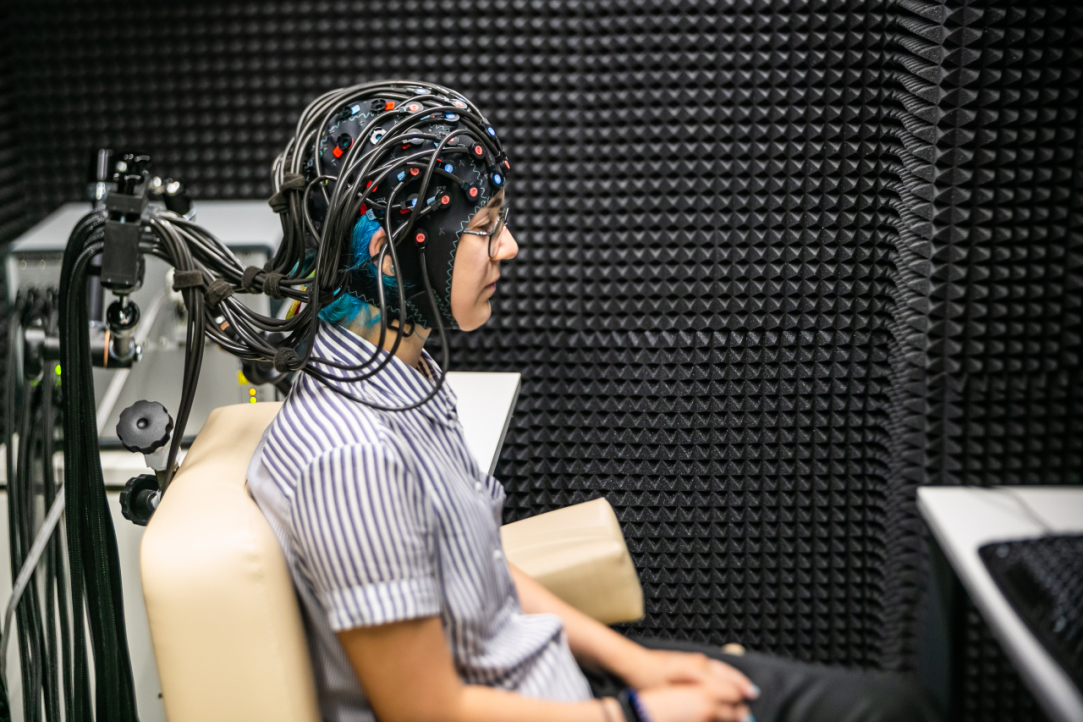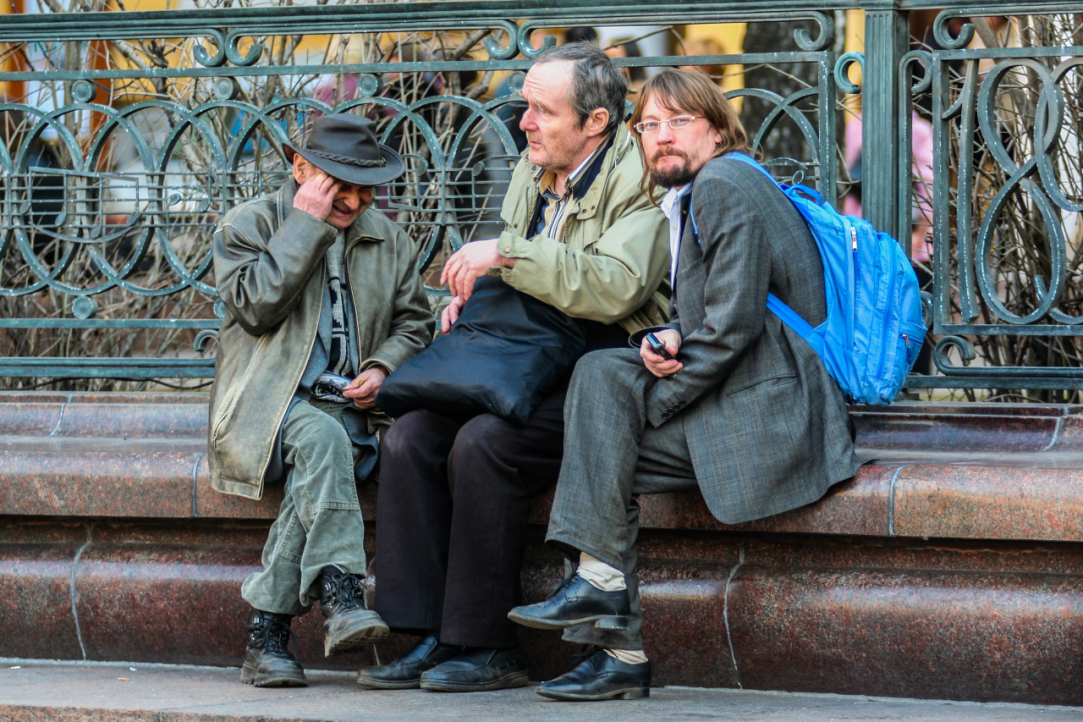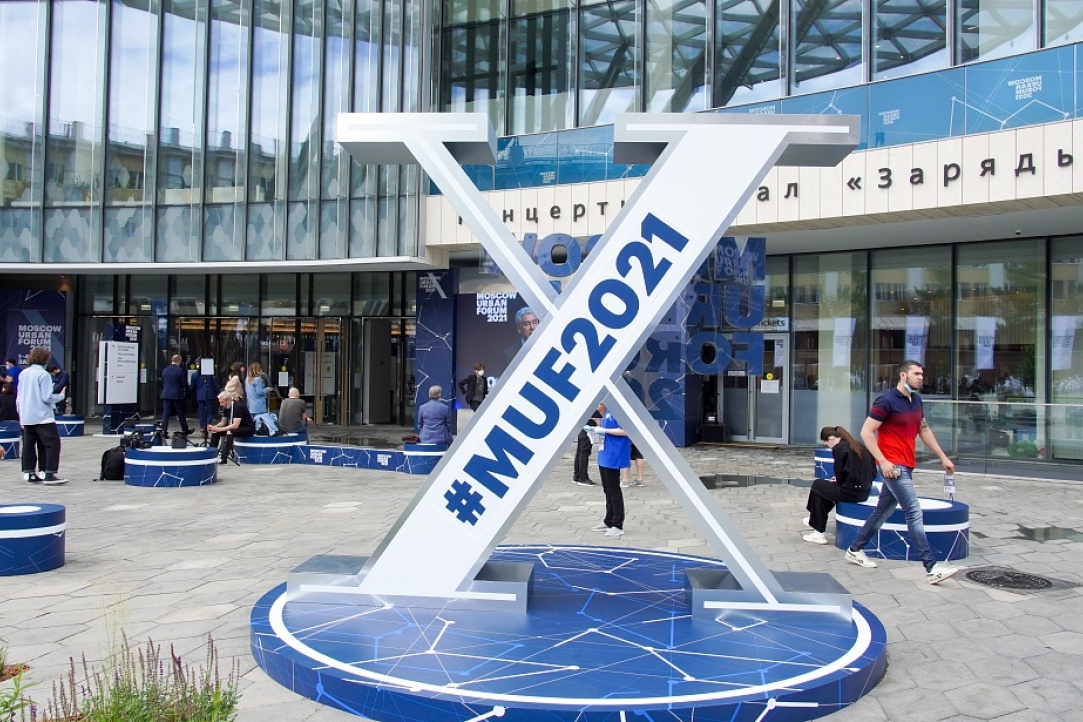
Lasers, Magnetic Stimulation and a Robotic Arm: How Researchers at HSE University Study the Brain
The Institute for Cognitive Neuroscience (ICN) at HSE University has recently added state-of-the-art laboratory equipment to its range of tools for studying brain function. The News Service visited the Institute to learn more about the uses of infrared lasers, optical tomography and a unique robotic arm, as well as why research into vascular tone is important, which parts of the brain can be stimulated to make people more generous, and how the Institute’s research can help treat diseases.

‘In Many Cases, We Are Falling Behind not by Years, but by Orders of Magnitude’: HSE Experts Suggest Ways to Speed Up Russia’s Technological Development
Yaroslav Kuzminov, HSE Academic Supervisor, and Leonid Gokhberg, First HSE Vice Rector, spoke at an expert meeting with Dmitry Medvedev, Deputy Chair of the Security Council of the Russian Federation, on issues of Russia’s technological development. They outlined the current state of research and development and offered suggestions on how to gear the economy towards innovation.

Online Platforms Force Russian Freelancers to Work Nights And Weekends
To get work in a highly competitive environment, freelancers adapt their own routines to the needs of their clients, so they have to work long hours not only during the day but also during non-standard hours, obeying the unwritten laws of online platforms.

Individuals Perceived As Highly Intelligent More Likely to Get Away with Sexism And Harassment
Regardless of personal ideas about gender equality, people tend to turn a blind eye to someone else’s sexist attitudes if they perceive this person as having positive and valuable characteristics such as high intelligence.

How Income and Political Preferences Affect Attitudes towards Quarantine and Vaccination
In a webinar for the Faculty of Economic Sciences, Professor Konstantin Sonin talked about the impact of income, social status and political beliefs on mask-wearing compliance, social distancing and willingness to get vaccinated.

Back to the Future: Is Manufacturing Returning to Cities?
Are cities set to become industrial centres again? Are migrants integrating in Russia? How are city dwellers taking advantage of micro-mobility? Experts from the HSE Faculty of Urban and Regional Development (FURD) took part in Moscow Urban Forum. This year the topic of the Forum was ‘Superstar Cities: Transforming for Success’.

HSE University and Business Russia to Establish Bioeconomy Advisory Board
The decision to establish the Advisory Board was made during a meeting between the Investment Club of Business Russia (‘Delovaya Rossiya’, an all-Russia public organization), and the HSE University Faculty of Biology and Biotechnology, which launched a new Master’s Programme in Bioeconomics last year. The Advisory Board will include leading researchers, entrepreneurs, and investors working in the fields of biotechnology, environmental studies, and sustainable development. Sergey Nedoroslev, Business Russia Co-Chair, and Alexander Tonevitsky, Dean of the Faculty of Biology and Biotechnology at HSE University, will also serve as board members.

Europe to Face a Reverse Brain Drain: Up to 3.5 Million Highly Skilled Professionals Could Return Home
As the pandemic continues and working from home becomes the norm in some industries, professionals who once left to work in other countries are beginning to return home. Researchers from HSE University, the Catholic University of Louvain and the University of Lille have found out how strong this movement could be and what economic, social and political implications it might bring. The preprint of the study was published in the GLO Discussion Papers.

The Trauma of Chernobyl: Why Our Collective Memory of Disasters Tends to Fade with Time
This year marks the 35th anniversary of the Chernobyl disaster. The event recedes ever further into the past, but the legacy of the trauma it caused endures. That stress produced trauma, and the trauma became part of Russia’s collective memory. Sociologists Yulia Belova, Margarita Muravitskaya and Nadezhda Melnikova of HSE’s Institute for Applied Political Research and Laboratory for Studies in Economic Sociology researched what this means for people who lived in the radioactively contaminated zone around the reactor and why the collective memory of the accident might disappear.

2D:4D Ratio Is Not Related to Sex-Determined Finger Size Differences in Men And Women
The ratios between the lengths of the second and fourth fingers, known as the 2D:4D ratio, are different in males and females, which is often explained by levels of androgens and oestrogens. However, an alternative theory states that men have bigger body parts, including fingers, which impacts the 2D:4D ratio. A research team including HSE University scholars refuted this hypothesis by collecting data on finger length from 7,500 people. The results of the study were published in Scientific Reports.

